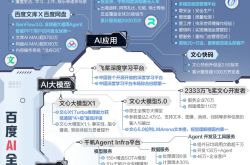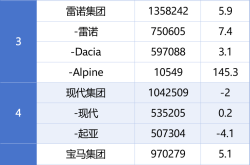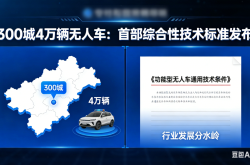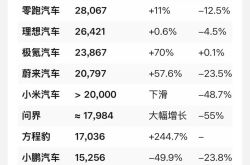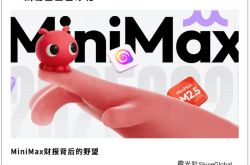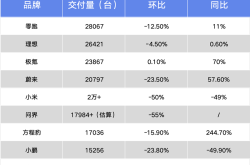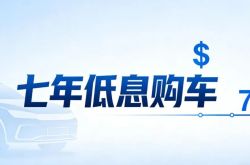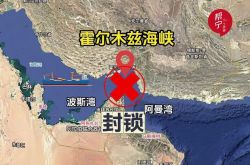Seres has turned a profit, but not enough to cover the cost of buying the trademark
![]() 07/10 2024
07/10 2024
![]() 498
498
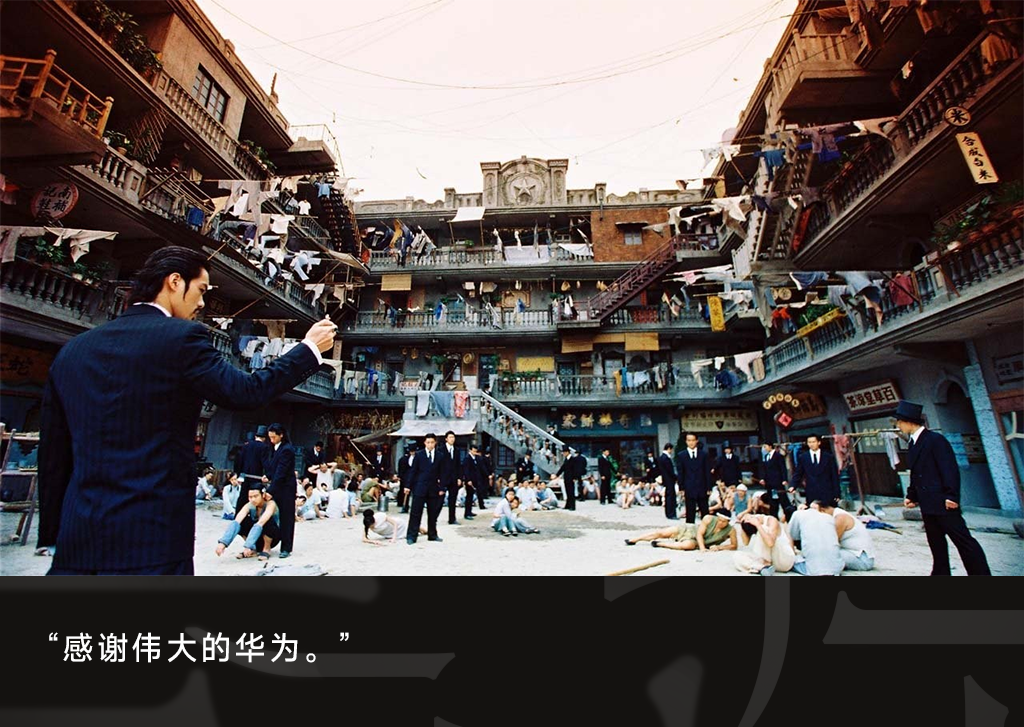
Author | Zhang Wen | Editor | Jiang Jiao | Cover |
As of now, most of China's new energy vehicle (NEV) startups are still selling cars at a loss, and many of them have yet to see signs of improvement – Tesla, their predecessor, took 17 years to turn a profit in electric vehicles. The good news is that some faster-moving brands are gradually shortening the time to profitability. Li Auto achieved full-year profitability last year, 8 years after its inception. Now, its biggest rival, Seres, which produces the AITO brand, is finally crossing this threshold. On the evening of July 9, Seres released its unaudited financial forecast for the first half of 2024, projecting revenue of RMB 63.9 billion to RMB 66 billion, up 479% to 498% year-on-year; and net profit attributable to shareholders of RMB 1.39 billion to RMB 1.7 billion, turning from a loss to a profit year-on-year. Prior to this, Seres achieved its first quarterly profitability in the first quarter of this year. This means that after four consecutive years of losses, Seres has finally moved beyond the investment stage where NEV startups lose money on every car sold and is starting to reap the benefits of scale as sales climb. Since the beginning of the year, Seres' share price has increased by 21.91%, with its share price once surpassing RMB 106, and its market value exceeding that of Li Auto in Hong Kong, making it the most valuable NEV startup.
At midday today, Seres' share price was RMB 85.88, with a market value of RMB 129.66 billion, more than the combined market value of NIO and XPeng in Hong Kong, but still trailing the resurgent Li Auto. Prior to releasing its half-year financial forecast, Seres just spent RMB 2.5 billion to acquire the AITO trademark from Huawei. Some analysts pointed out that this indicates Seres will gain greater autonomy in its cooperation with Huawei, but market feedback was generally average, with share prices slightly declining over the past few days. RMB 2.5 billion is roughly equal to the total net profit of Seres from 2013 to 2019. After partnering with Huawei, Seres has lost nearly RMB 10 billion in net profits over the past four years. According to the acquisition agreement, Seres must pay this amount in full by the end of this year. However, Seres has not yet earned back the money it spent on the trademark.
01 | Finally Turning a Profit After Four Consecutive Years of Losses
Seres officially partnered with Huawei in 2021, when the company was struggling in the quagmire of low-end and cheap products, stagnating at a critical juncture of new energy transformation. If nothing unexpected happened, this small automaker based in Chongqing would have disappeared like the many tail-end automakers that have gone bankrupt in recent years. Cooperation with Huawei was Seres' last resort. To this end, it was willing to give up defining its automotive products, handing over all control to Huawei's BU team led by Yu Chengdong. The first model of their cooperation, the Seres SF5, was hastily launched in April 2021 but performed poorly. Based on Seres' existing fuel vehicle models, it had average product strength and was not much different from its predecessors except for the integration of Huawei's in-car systems, motors, and audio systems, and it was withdrawn from the market just one year after its launch.

Seres SF5 / Image Source: Seres Official Website. This was already Huawei's last resort. At that time, traditional automakers on the market still had deep misgivings about Huawei, with the most widely circulated quote coming from SAIC Chairman Chen Hong's "soul theory," which argued that cooperation with Huawei meant losing the soul of the car. Huawei's BU was in an awkward situation of years of investment without tangible results, and Yu Chengdong urgently needed to open a window for cooperation with automakers but repeatedly hit roadblocks. Seres was the only automaker that chose to fully cooperate with Huawei. At the end of 2021, the two parties jointly launched the "AITO" brand, with Huawei's involvement deepening and the product strength significantly improving compared to the previous generation. 2022 was AITO's first full sales year, with two models, the AITO M5 and AITO M7, selling a total of 75,000 vehicles. This corresponded to an increase in both revenue and losses for Seres. That year, Seres' revenue doubled to RMB 34.105 billion, but its net loss also doubled to RMB 3.832 billion.
This was also Seres' largest loss over the past four years. Part of the reason for the loss came from Seres needing to rebuild AITO's sales channels. That year, Seres' sales expenses increased nearly three times year-on-year, far exceeding revenue growth. However, this investment was part of the initial hard infrastructure investment, which would gradually decrease over time and would not affect the judgment of the company's business. But the problem lay in declining sales. Affected by last year's price war in the automotive market, AITO's sales remained sluggish in the first three quarters of 2023, with total deliveries barely breaking 10,000 in the first quarter, even less than the monthly deliveries of the previous year. Throughout the first three quarters, AITO's revenue was only RMB 16.68 billion, a year-on-year decline of 27.9%. The turning point came with the launch of Huawei's Mate 60 in mid-year, coupled with the high market sentiment, and the sales of the newly launched AITO M7 soared in September, exceeding 130,000 large orders within four months of its launch, causing Seres to face a shortage of production capacity.
Yu Chengdong had to repeatedly visit Seres' Chongqing factory to urge an increase in production capacity. In the fourth quarter of last year, Seres' quarterly revenue reached RMB 19.1 billion, higher than the sum of the first three quarters. Throughout 2023, of the 94,000 vehicles sold by AITO, the new M7 accounted for more than half. However, due to the drag from the first three quarters, AITO's revenue growth in 2023 was only 5.09%, with net losses narrowing to RMB 2.45 billion. The losses mainly came from research and development investments. Seres stated that the losses in 2023 were mainly due to the high R&D investments in M9, M7, etc., resulting in higher R&D expenses, labor costs, and other comprehensive costs. Last year, Seres invested RMB 4.438 billion in R&D, accounting for 12.38% of its revenue, a year-on-year increase of 42.9%. Seres' sales surged and performance improved in the first half of this year. The AITO M9, launched at the end of last year, was the first flagship model truly defined from scratch by Huawei and Seres after their cooperation, and it was a huge success after its launch. In the first quarter of this year, AITO surpassed Li Auto in total sales, becoming the top NEV startup.
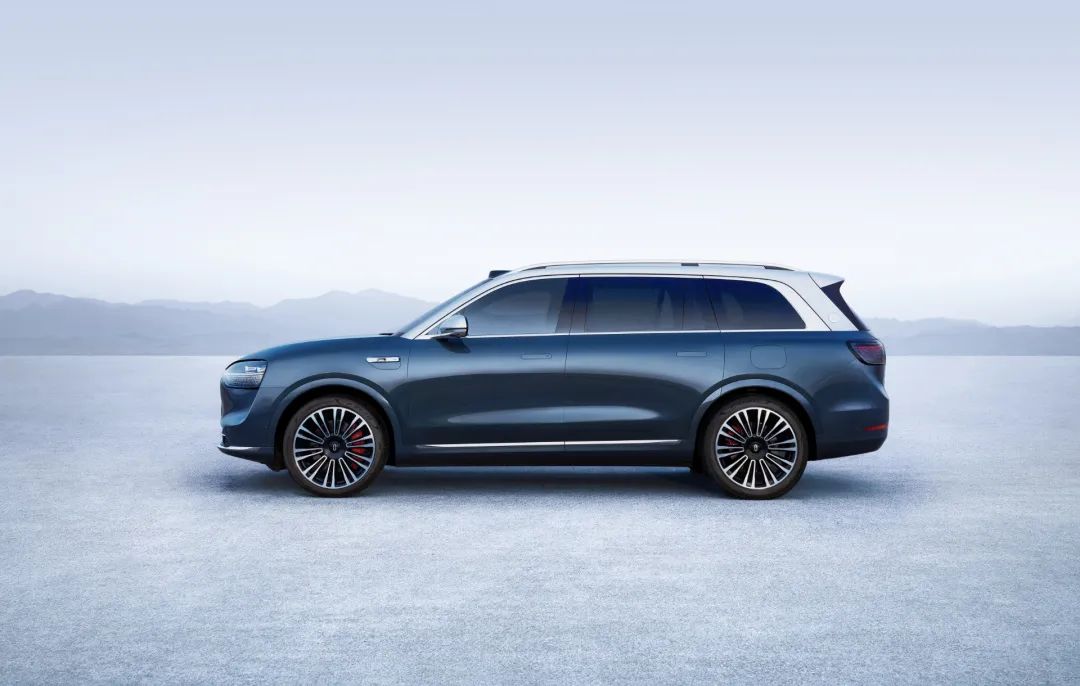
AITO M9 / Image Source: AITO Official Website
The outside world used the word "reversal" to describe Seres' first-quarter performance. In that quarter, Seres' revenue increased by more than four times year-on-year to RMB 26.56 billion, achieving quarterly profitability for the first time with a net profit of RMB 220 million. Seres' gross margin in that quarter also reached 21.5%, surpassing many other NEV startups. However, at the same time, Seres' asset-liability ratio continued to climb, rising from 75.86% in 2021 to 88.27% in the first quarter of this year. In the first quarter of this year, Seres had a cash balance of RMB 21.483 billion, while its notes payable and accounts payable reached RMB 42.849 billion.
02 | Spent RMB 2.5 Billion on the Trademark, but Hasn't Earned It Back Yet
Prior to releasing its half-year financial report, Seres spent RMB 2.5 billion to acquire 919 AITO trademarks and 44 automotive design patents from Huawei. RMB 2.5 billion is not a small amount for Seres, and its net profit in the first half of this year was at most RMB 1.7 billion, which was Seres' first half-year profitability after four years of cooperation with Huawei. In other words, Seres has not yet earned back the money it spent on the trademark through Huawei. Seres believes that this deal is cost-effective. They hired an asset appraisal company to value the AITO trademark, which came up with a market value of RMB 10.233 billion, and the RMB 2.5 billion price tag is equivalent to Huawei offering a super low discount of 24%. Some market analysts believe that this indicates Seres will gain greater autonomy in its cooperation with Huawei, while others say that this is paving the way for AITO's overseas expansion, which will reduce the impact of Huawei's overseas sanctions.
The market performance resulting from this deal was average. The day after the announcement, Seres' share price fell slightly by 1.7%, and it continued to decline slightly over the following days. Several other "Jie" branded partners of Huawei have also been transferred to related automakers earlier, including Xiangjie and Zhijie. Market analysts believe this is Huawei's clear boundary of not manufacturing cars, which is beneficial to related automakers. Currently, several "Jie" branded automobiles are unified under Huawei's Hongmeng Zhixing brand, and in the first half of this year, Hongmeng Zhixing's total sales ranked first among NEV startups. However, Huawei has yet to replicate the success of AITO. The Zhijie S7, Huawei's cooperation with Chery, struggled with production capacity issues at the end of last year, and its launch was lackluster. Even after its relaunch in April this year, sales failed to recover, with less than 3,000 vehicles delivered in June. The Xiangjie, Huawei's cooperation with Beijing Automotive Group (BAIC), is positioned as a luxury executive sedan and is currently in the pre-launch hype phase, with outside speculation that its price will be over RMB 500,000.
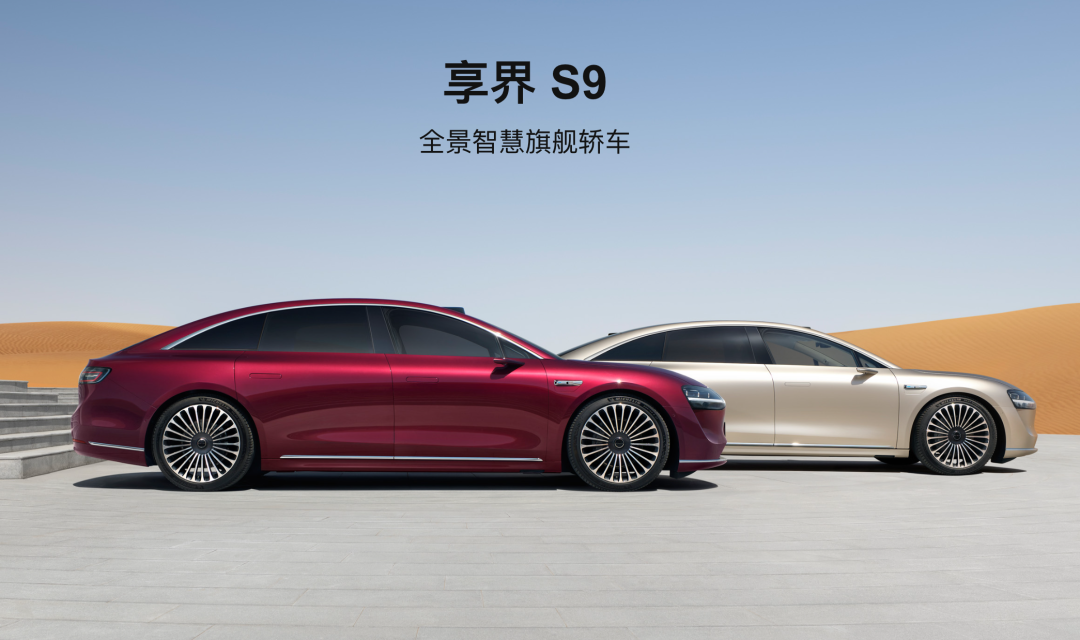
Xiangjie S9 / Image Source: Hongmeng Zhixing Official Website. Automakers are willing to bet their hopes on Huawei. At the second launch event of Zhijie S7, Chery Automobile Chairman Yin Tongyue took the stage after Yu Chengdong, saying, "Huawei is our role model and benchmark." He used many words to describe the importance of Huawei to China's auto industry, such as "a great company like Huawei" and "China's auto industry cannot make good cars without Huawei." These words were repeated by another automaker's CEO half a month later. Two weeks later, at the launch event of the new AITO M5, Seres Automobile President He Liyang took a deep bow on stage and said, "Thank you, great Huawei."

